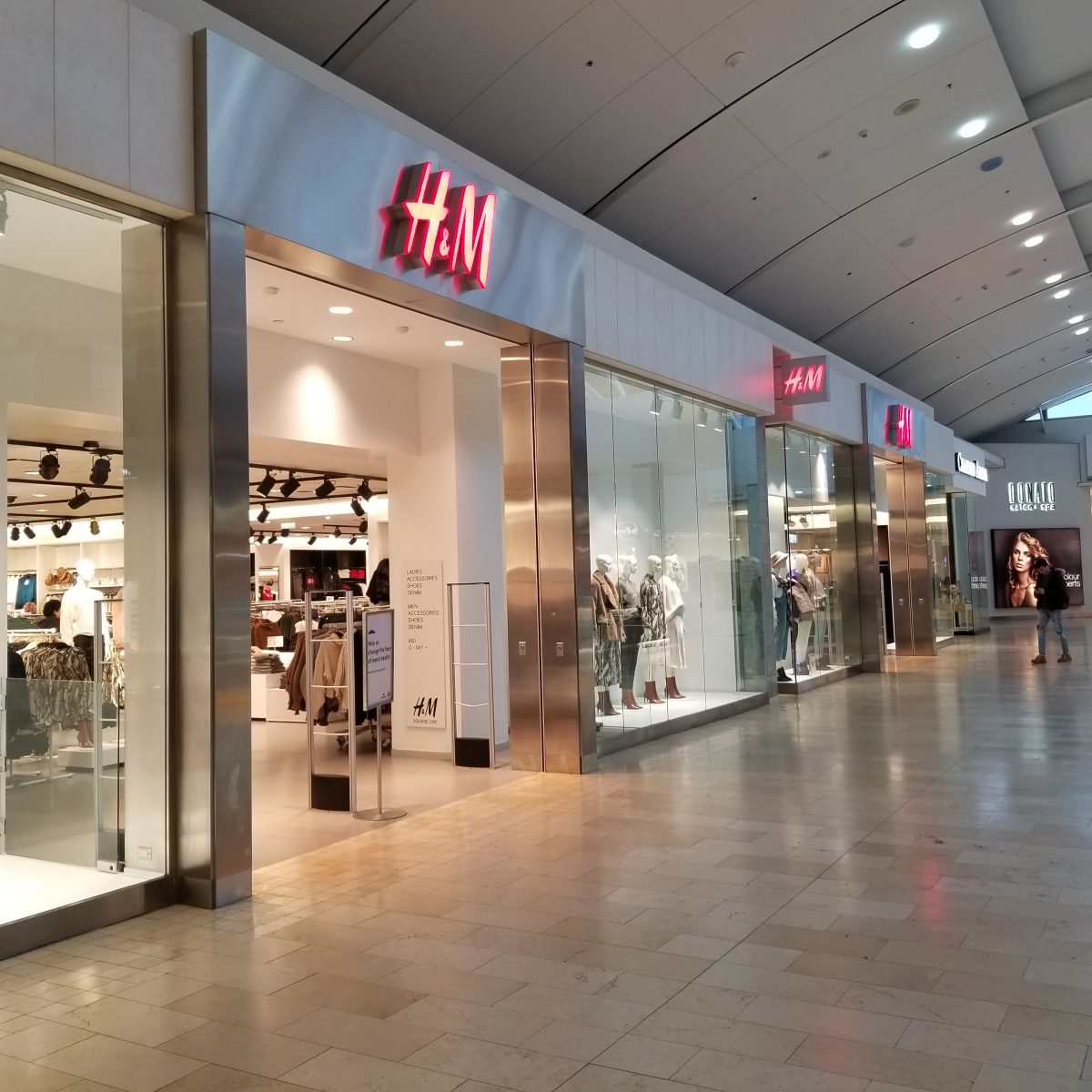Xinjiang cotton found in apparel sold by fast fashion brands such as H&M and UNIQLO may be harvested through labour forced upon the Chinese Muslim ethnic group known as the Uyghur.
A fashion management student who asked to remain anonymous is interning at a Canadian fashion retail chain and said companies are aware that they source Xinjiang cotton through forced labour.
“I think it’s beyond horrible. The companies connected [to the forced labour] should sever ties with these Xinjiang factories,” said the student.

The Uyghur are residents of the Xinjiang province in China and over one million have been sent to what the Chinese Communist Party call “reeducation camps.” However, according to the Washington Post, interviews with Uyghur who have been to the camp tell of brainwashing, torture, and modern slavery.
In 2015, former U.S. President Barack Obama signed the Trade Facilitation and Trade Enforcement Act which made the import of goods produced through forced labour illegal in the States. On September 1st, 2019, U.S. Customs and Border Protection issued a Withhold Release Order On a shipment from Xinjiang, China based on the indication that the products were made through forced labour.
However, Business news publication Quartz says the origins of the cotton can become obscured and still potentially be shipped into the U.S. or Canada. Likewise, BBC news says many brands like H&M may indirectly source cotton from Xinjiang.
Ethical influencer and slow fashion activist Leah-Jane Musch who goes by Un-material Girl is an advocate for sustainable and ethical fashion.
“I really hope to see more transparency by big name brands when it comes to who actually sews the garments,” Musch said.
In December 2018, Bill C-423 or the Modern Slavery Act was introduced to the parliament of Canada to fight against the import of goods through forced labour. However, the current parliament was dissolved in preparation for the October federal election, and the bill didn’t pass.
Should the bill be re-introduced, it could be parliament’s opportunity to ensure the act succeeds where the U.S.’s Trade Facilitation and Trade Enforcement Act falls short. In order to do this, the bill must be revised to ensure companies are required to make it clear where materials found in their products come from and provide proof that forced labour was not involved in production.

